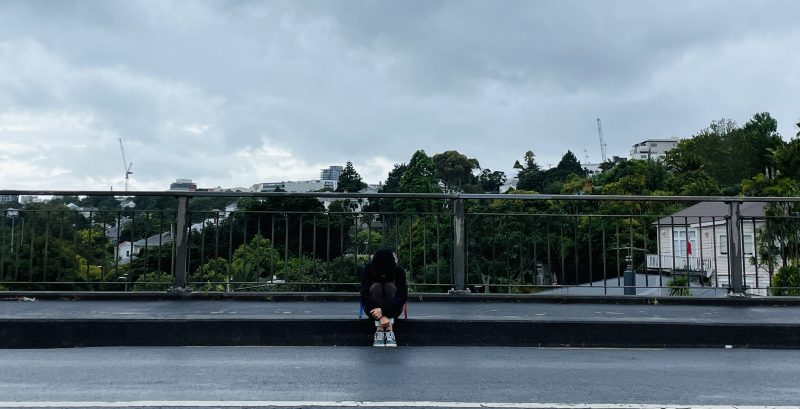
Surviving a cyclone in New Zealand – an honest report
Travelling to New Zealand in January means you’ll be arriving in the summer, right? It’s the time of vacations, cities are empty, people drive campervans and hang out on the beach?
Yea, that’s a pretty accurate picture actually, unless you had arrived in January 2023 that keeps breaking extreme weather records. As I am writing this post, we are expecting the third!!! cyclone since my arrival – a tropical storm named Gabrielle.
In this post, I give you a run down of what it’s been like surviving extreme weather in Auckland. After all, floods are the most common hazard in Auckland according to Auckland’s Emergency Management.
1. Waterproofs are essential
January 2023 was the wettest month in Auckland since 1869 with 539mm of rainfall, and a single day highest at 260mm on January 27th. That means an entire summer worth of rain in just one day!
We were travelling to work that day and it honestly took us just minutes to soak completely through. Fortunately, I had a laptop sleeve and a waterproof backpack cover. My flat mate wasn’t so lucky and her laptop succumbed to water damage.
Make sure to pack some good waterproofs and protect yourself and your electronics!
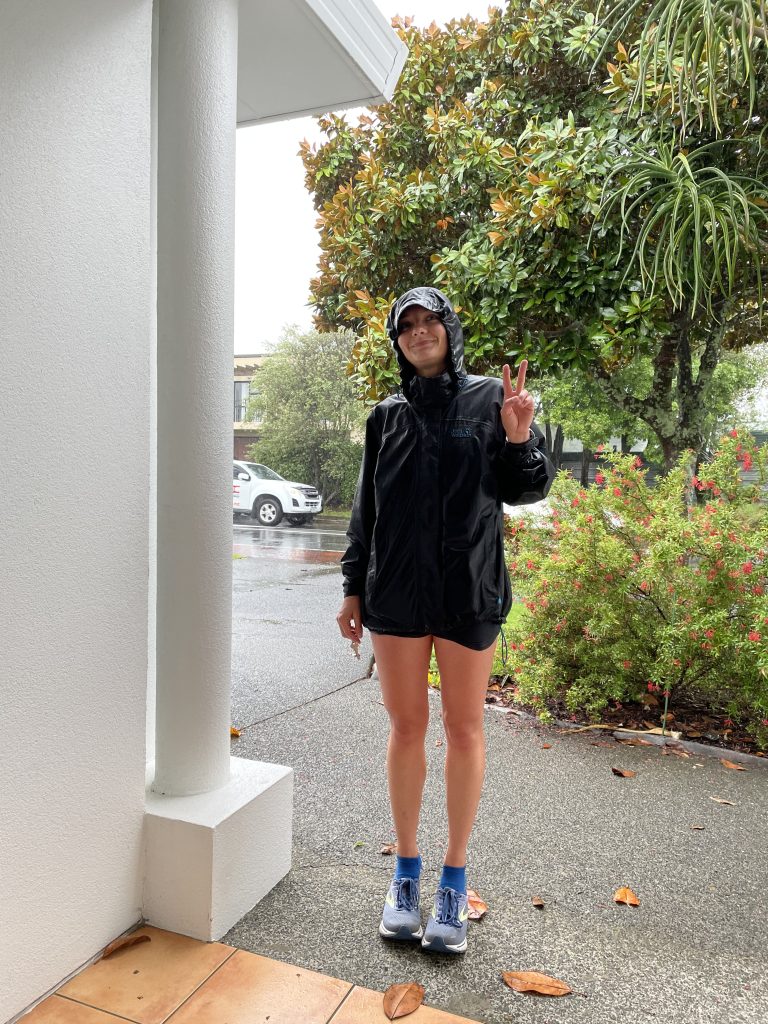
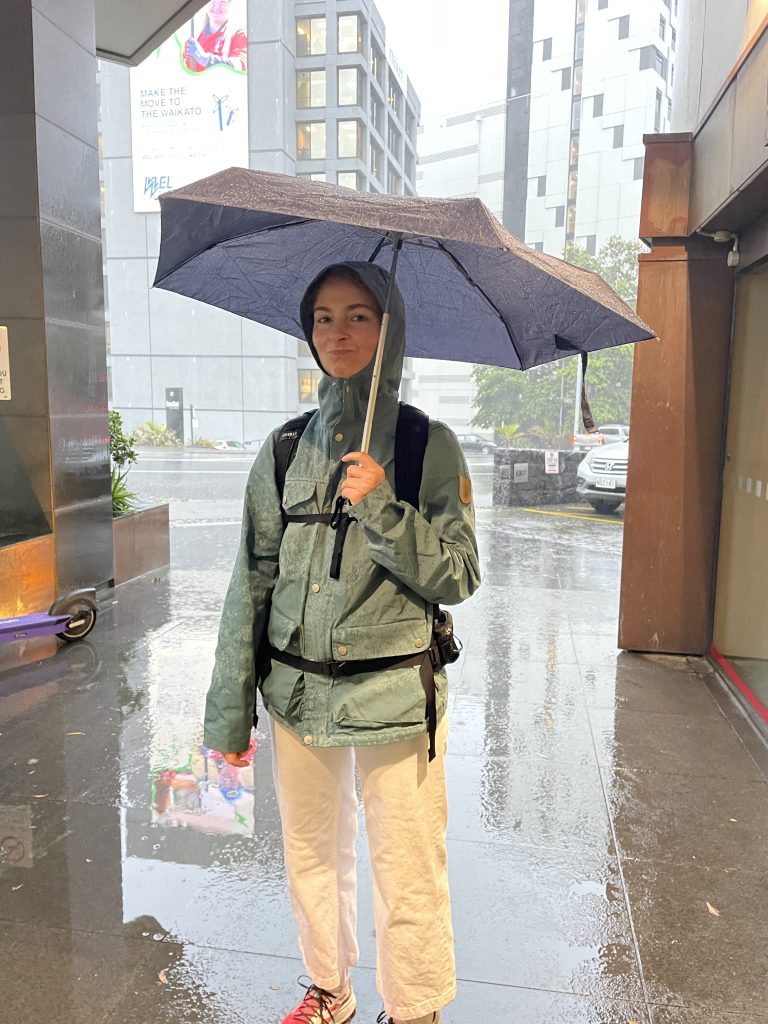
2. Transport disruptions
The heavy winds and rains are a dangerous combination that will almost certainly result in some kind of traffic disruptions. Think Stockholm getting its first snowfall of the winter – expect cancellations and delays. There will likely be staff shortages so even the lines that aren’t affected by road disruptions will be affected!
Be ready to work from home, unexpectedly.
3. Long-lasting impacts
Unlike Stockholm’s first snowfall, the floods aren’t that easily forgotten. Expect the disruptions to last days or weeks. We had severe damages to the train lines that reduced the frequency of trains and in some sections stopped the traffic altogether. The landslides destabilised houses and sometimes made full roads completely disappear.
You need to be ready to be self-sufficient in case there are power outages, it isn’t safe to leave the house, the grocery store has been damaged etc.
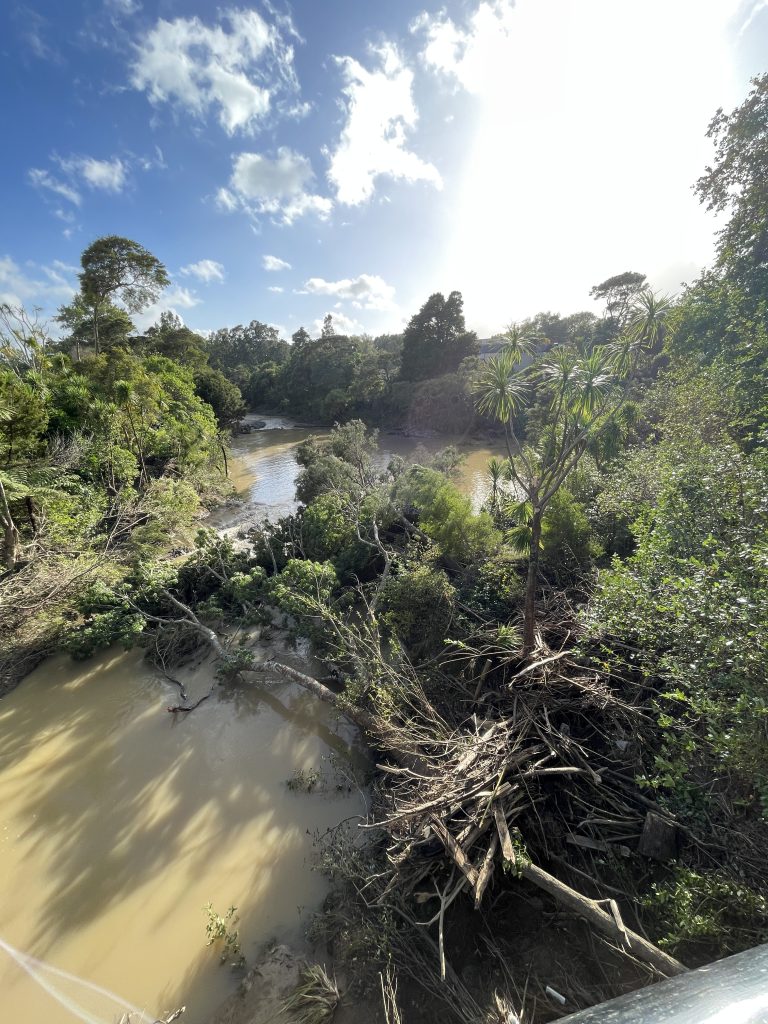
4. Damages to the buildings
Unfortunately, the floods affected a lot more than just traffic. Buildings have been damaged which meant closing of gyms, pools and many shops. Some apartments have been flooded too, people had to be evacuated and the airport was shut from any flights for a full week.
Auckland is hilly, so try to be wise about where you live. Also think about where your apartment is located and what insurance coverage you have!
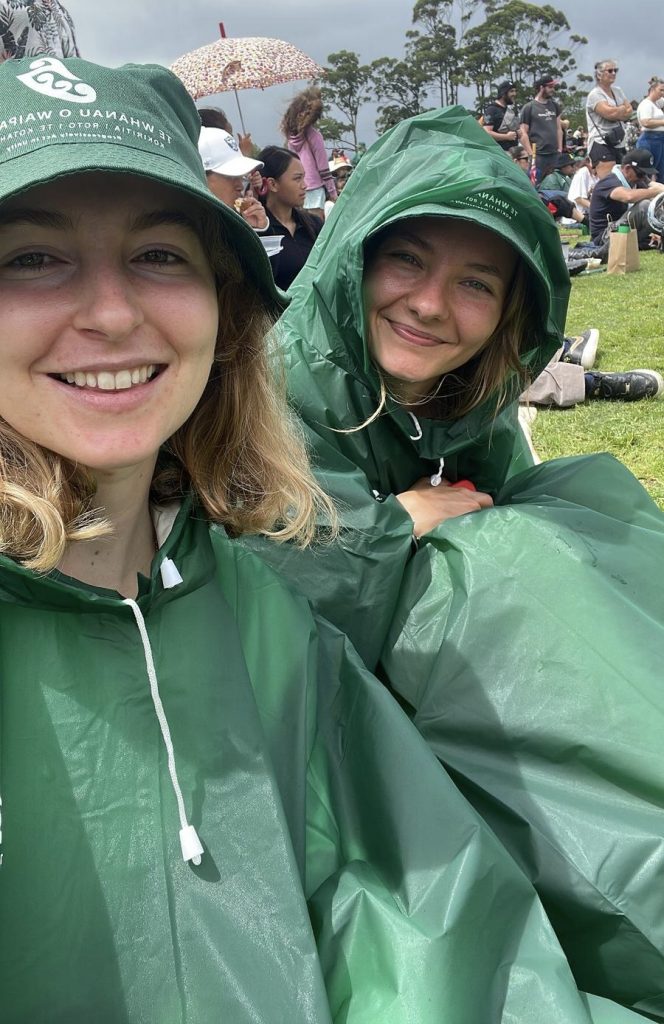


With that being said, we’re safe and having a great time despite the weather! We’re learning to dance in the rain and making the best of all days we have in this beautiful country ?. We resorted to indoor fun, took vacation days right before the storm and enjoyed a local Waitangi festival in the rain ???♀️.
The extreme weather was one of the biggest surprises about my exchange in Auckland. Want to know what else was on my list, click here to read about the 5 things that surprised me about living in Auckland.
Thank you for tuning in this week!
Denny


0 kommentarer